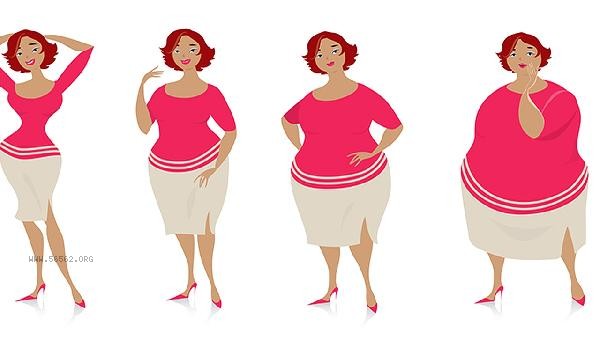Drinking water and feeling nauseous during weight loss can be alleviated by adjusting the drinking method, controlling the amount of water consumed, choosing the appropriate water temperature, supplementing electrolytes, and dispersing the drinking time. Excessive drinking water or improper drinking methods may cause gastrointestinal discomfort, which needs to be adjusted according to individual circumstances.

1. Adjust the drinking method
Avoid drinking a large amount of water at once, and use a small and slow drinking method to reduce the burden on the stomach. The daily water intake can be divided into 8-10 times, with each time not exceeding 200 milliliters. Use straw cups or water bottles with scales to help control the amount of water consumed in a single session and avoid consuming too much liquid in a short period of time that may irritate the stomach.
2. Control water intake
It is recommended that women drink water within the range of 1500-2000 milliliters per day, as excessive water intake may lead to water poisoning. After exercise or in high temperature environments, an appropriate increase of 200-300 milliliters can be made, but it is necessary to avoid drinking a large amount of water within 30 minutes before meals, which may affect appetite and digestive function.
3. Choose appropriate water temperature
Normal temperature or warm water is more easily accepted by the body than ice water, which can reduce irritation to the gastrointestinal tract. When the water temperature is maintained at 25-40 degrees Celsius, the absorption efficiency is higher, especially when drinking water on an empty stomach in the morning, it is important to avoid low-temperature liquids that can cause stomach spasms and discomfort.

4. Supplementing Electrolytes
Long term consumption of large amounts of purified water may lead to electrolyte imbalance. You can add a small amount of lemon slices to the water or choose natural mineral water containing potassium and sodium. After exercise, it is recommended to drink diluted salt water or oral rehydration salts to regulate fluid balance and improve nausea symptoms.
5. Disperse drinking time
evenly distribute drinking time during awake periods, avoiding concentrated drinking during a certain time period. Reduce water intake 2 hours before bedtime to prevent frequent nighttime awakenings from affecting sleep quality. Lack of sleep can exacerbate physical discomfort during weight loss. During weight loss, if you experience difficulty drinking water, you should adjust your strategy in a timely manner. You can try drinking mild drinks such as mint tea and ginger water to relieve nausea. At the same time, pay attention to adding vegetables and fruits with high water content in your diet, and supplement some water through food. If vomiting symptoms persist or are accompanied by symptoms such as dizziness and fatigue, it is recommended to consider whether there is electrolyte imbalance and seek medical examination. Maintaining a regular schedule and moderate exercise can help improve the body's ability to metabolize water. During the weight loss process, the principle of gradual progress should be followed to avoid extreme drinking methods in the short term.









Comments (0)
Leave a Comment
No comments yet
Be the first to share your thoughts!